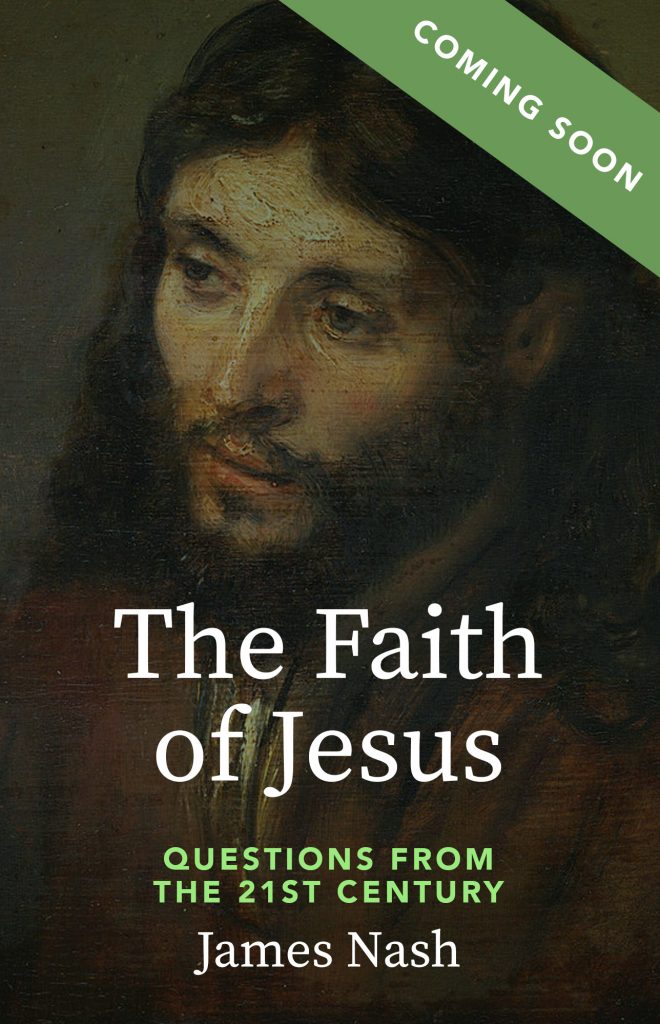18th Sunday Ordinary Time
Ecc 1:2; 2:21-23
Col 3:1-5; 9-11
Lk 12:13-21

What is so foolish about building enough storage capacity to prevent the food you have grown from rotting? On the contrary, it seems it would be wasteful, even “foolish,” not to construct the bigger barns!
Jesus often warns against the dangers of wealth and the pursuit of riches, as he does in this parable. Yet he had wealthy disciples, so he recognized being rich was not an automatic deal breaker for those who want to enter the Kingdom of God.
In John 19:39 we read that after Jesus died, Nicodemus brought an enormous quantity of myrrh and aloes to anoint Jesus’ body. Joseph of Arimathea came too and buried Jesus in his own brand-new tomb. We can assume Joseph was rich because he boldly requested that Pilate give him Jesus’ body after he had died.
One clue to what Jesus is getting at in this parable is the way the rich fool talks. In just a few sentences over three verses I count ten times he uses the words, “me,” “my,” or “I.” (This is not even counting the word psyche, which can be translated as “self,” or “soul.”) He never refers to anyone else.
The rich fool spends his energy on using things to improve his relationship with money; he spends no time considering how his money could be used to buy things that would improve his relationship with other human beings and with God. This is perhaps, his fatal mistake and it is what distinguishes him from Joseph of Arimathea and Nicodemus.
The rich fool shows no awareness, no gratitude, that his food grew thanks to God’s bounty. He regards it simply as the fruit of his own hard work: it belongs totally to him to do with as he pleases for his own enjoyment.
In our day, investing money has become similar to growing food because invested capital “grows” on its own as if by magic, just as tiny seeds turn into a bountiful harvest. Because growth is a sign of life, it is easy to believe that money is somehow alive, something we can have a real relationship with. But in fact, money has no life in it. We need to remember its value is in how we can use it to help build relationships with others.
Avarice may be unique among the seven deadly sins (anger, lust, envy, pride, gluttony and sloth are the others) in that it tends to increase when indulged, whereas the others can be more easily satisfied, at least for a time. How else can we understand the behavior of billionaires still tirelessly pursuing wealth they cannot possibly spend or enjoy?
I would argue avarice is unique in another way: it is the ‘besetting’ sin of our time and place. Isn’t making money a central tenet of the American Dream? Money has acquired a fetishistic value, to paraphrase Marx. This means money is worth more than its real value, viz. what it can buy. It establishes our status, our self-worth. Earning and having plenty of money justifies our existence.
We even say, literally, the more money you have, the more you are “worth.” This is another way to understand the behavior of billionaires. We have an infinite craving for self-worth, and if it is connected to getting more money, we can never have enough of it.

Conversely, those who lack money are failures: they have not worked hard enough, are not smart enough. This is what Michael Sandel calls, The Tyranny of Merit, in his insightful book about how our beliefs about merit help justify enormous wealth and income inequalities. Contempt for the poor is completely at odds with Jesus’ good news.
But in a pluralistic nation, or global “community,” aside from money, is there anything we all agree has “value”? Whereas faith in Jesus and his challenging message appears to be the choice of a dwindling minority, we all have to agree on the value of money. Certainly, there is far more social pressure to have a successful career than to go to church on Sundays and pray every day.
Jesus’ warning: “take care to guard against all greed,” is more timely now than it was 2000 years ago.


